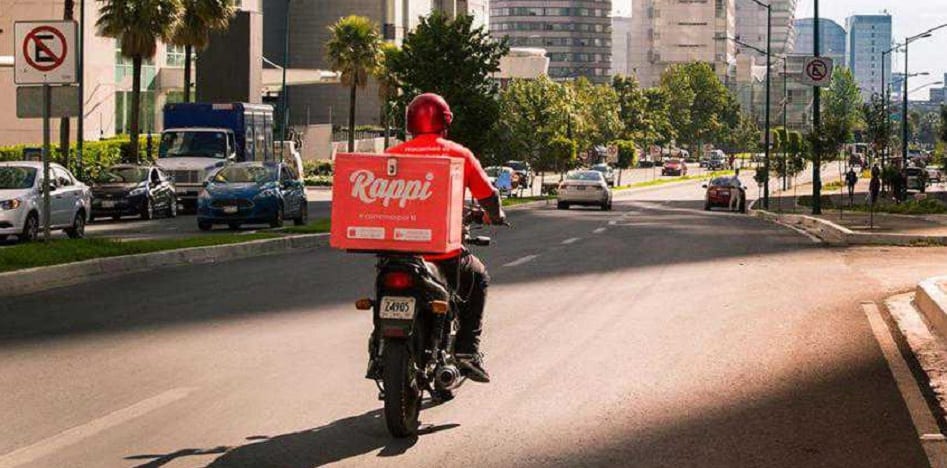The recent protests and crackdown in Venezuela highlight the critical need for a truly government-free internet or public network. During student protests, which have resulted in multiple deaths, the Venezuelan government has limited access to the internet and even blocked protesters from uploading pictures to Twitter — which has become the primary vehicle for getting information out about what the government and its mob have been doing to unarmed students.
@IamStevenT @KellyRipa @Oprah "PEOPLE OF THE WORLD,THIS IS HAPPENING IN #VENEZUELA HELP US!! #SOSVenezuela pic.twitter.com/lYjDPmI22t"
— Ana Cecilia Sosa (@anacsosa) February 14, 2014
The idea of creating a government-free network is not new. Already, various underground networks or “darknets” exist, the most famous of those being “Freenet.” Yet, even Freenet and other sites like TOR have government intervention in that it is not that hard for government to track users.
Peer-to-peer software has come a long way as well. However, given crackdowns on music downloading and pornography — not to mention tracking who buys cameras and digital IDs — it is very difficult to assume any kind of real privacy even on a darknet.
One aspect of my plan to establish an independent country in eastern Puerto Rico, which I have never disclosed publicly, is to establish a protected government-free network. The network would be broader than the internet by allowing users to access it from non-traditional connection systems, including individual satellite, variable radio, and Wi-Fi systems. Regardless of what country you are in — be it North Korea, China, Iran, Cuba or Venezuela — you would be able to connect directly to the network as long as you had a transmission device which would have to be developed or be a modified version of current Wi-Fi systems.
This would allow the network signal to be broadcast and received on the same bands as AM, FM, TV, and Digital TV, in additional to traditional Wi-Fi, cable, DSL, and satellite. If the local country has blocked the internet, you would still be able to access the network, and thus the internet via one of these non-traditional systems. Unless the host country were to jam every frequency every day all day, there would be no way to stop the story from coming out.
The way to make sure it remains government-free, ironically, is to host the system in a sovereign country — one that actually believes in freedom of internet speech. Within that country, an additional block would be established to protect the identity of users from even the host government, while still tracking and profiting off of all financial transactions on the network. In essence, all transactions would pay a fee just like you currently pay for credit and debit cards.
So how do you allow people to make transactions while making a profit from those actions, without revealing the identity of the user to the host government? The answer is simple, you let the computer run itself. That is to say, establish various main frames and servers within the country, that randomly change their own encryptions so that only the computer knows who is authorized to use the network — if it is a user-fee based system — and or who bought and sold what on a transaction-fee based system.
There would have to be at least one port for updating software and one kill switch for the inevitable emergency that would occur. These along with the mainframes would be the only true vulnerability points of the new system. However, as a practical matter, you have to be able to update software and you have to be able to turn the machine off, just in case.
So while the host government would get paid a significant amount of money for allowing or owning the system, the government would in essence prohibit itself by handing over control of the system to the actual computer. Now combine this with the creation of one or more digital currencies for transactions on the new network and start doing the math.
The host country would very easily obtain all of the revenues it needs with little or not taxation to run its government and to manage its national trust, as I described in a previous article.
Fiction?
As I write, there are various attempts to establish more black market or pirate internet systems.
The good news about a system like this is that it would allow dissidents around the globe to reach out to a global audience, regardless of what the local government wants.
The downside may be huge too: no government tracking of identities would also mean that terrorists, human traffickers, and pornographers, would have a free reign to buy, sell, and promote whatever they wanted in an absolute free market. Some of the profits paid to the host country would even come from these activities.
There is no question that this “franken-net” would come alive and be very profitable. The question is, whether the value would be worth the cost of the monster that is created.
 Versión Español
Versión Español












